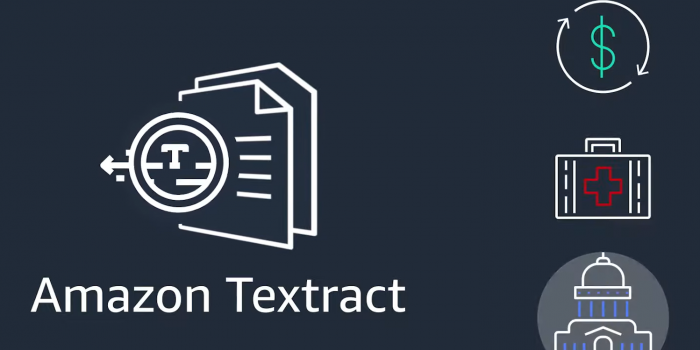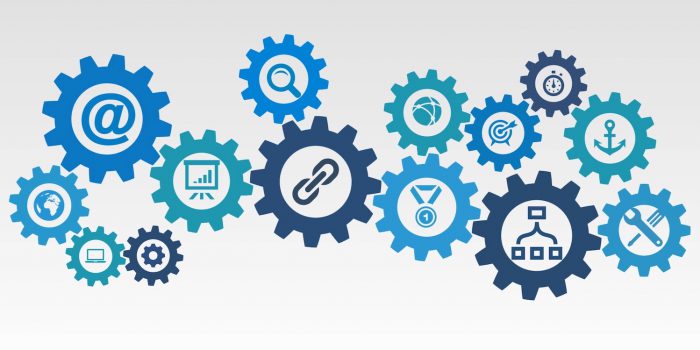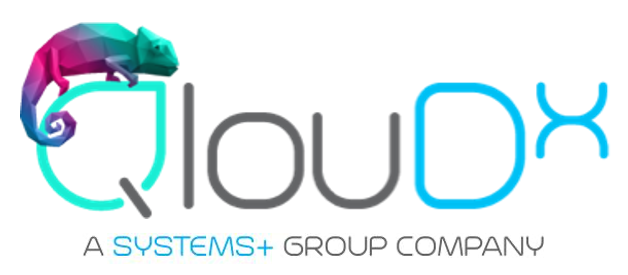Introduction Welcome to the second part of our blog series, “Unlocking Document Processing at Scale with Amazon Textract.” In our previous installment, … Read The Full News

Unlocking Document Processing at Scale with Amazon Textract: A High-Level Machine Learning Service – Part 2

Revisiting EC2 Connectivity Options
Introduction With the recent announcement of EC2 instance connect endpoints, we now have several different ways to connect to Amazon EC2 instances. … Read The Full News

Exploring Amazon Linux 2023 as a Replacement for CentOS 7
Introduction With CentOS 7 going out of support in June 2024, many of us are looking for viable alternatives. The stakes are … Read The Full News

Identifying the Source of Network Traffic Originating from Amazon EKS Clusters
Introduction If you run workloads in Amazon EKS, you might have noticed a peculiar behavior: when apps in EKS pods communicate outbound … Read The Full News

Terraform Module for a Ready-to-Use Amazon EKS Cluster, with EKS Fargate & AWS IRSA, & Karpenter, with Spot Nodes & ABS
Introduction I recently spent a few days writing the “perfect” Terraform module for a complete, end-to-end, ready-to-use, EKS cluster, with a number … Read The Full News

Amazon EKS & Karpenter: Configure Attribute-Based Instance Type Selection for Flexible Workloads
This post assumes you’re familiar with Kubernetes, Amazon EKS, & Karpenter. Attribute-Based Instance Type Selection Attribute-based instance type selection (ABS) lets you … Read The Full News

Leveraging Custom Images for AWS CodeBuild: Enhancing Your Build Process
Introduction AWS CodeBuild is a fully managed continuous integration service that allows you to compile, test, and package your code. While CodeBuild … Read The Full News

Step-by-Step Guide: Connect to Windows EC2 Instances with Maximum Security & Minimal Hassle
Introduction If you work with Windows in AWS, you must already have a preferred way of connecting to your instances. Whether you … Read The Full News

Offload Secret Management to AWS Secrets Manager from Amazon EKS
Introduction Secrets in Kubernetes, are Base 64 encoded. As such, its trivial for anyone with access to the secret objects, to decode … Read The Full News






